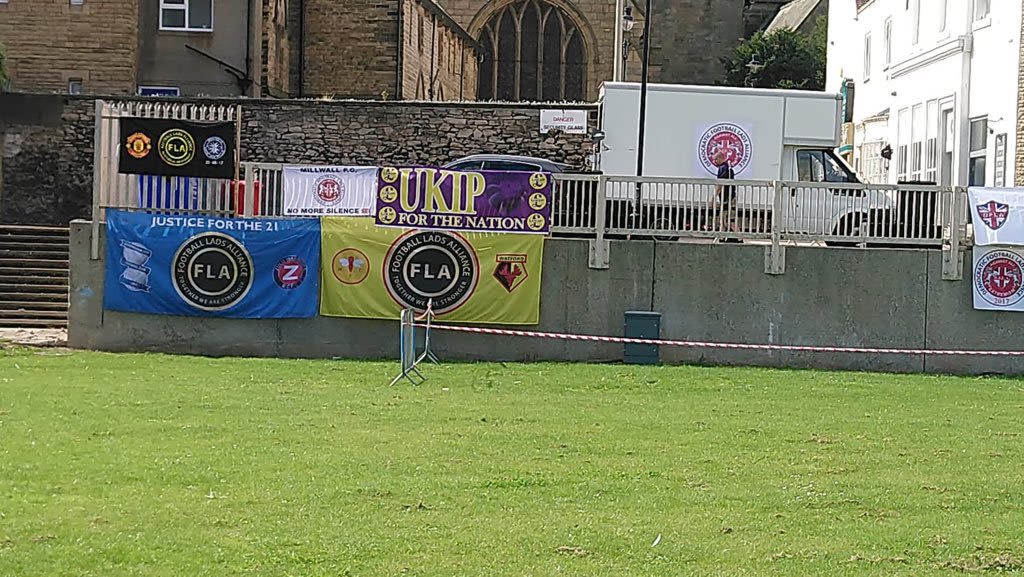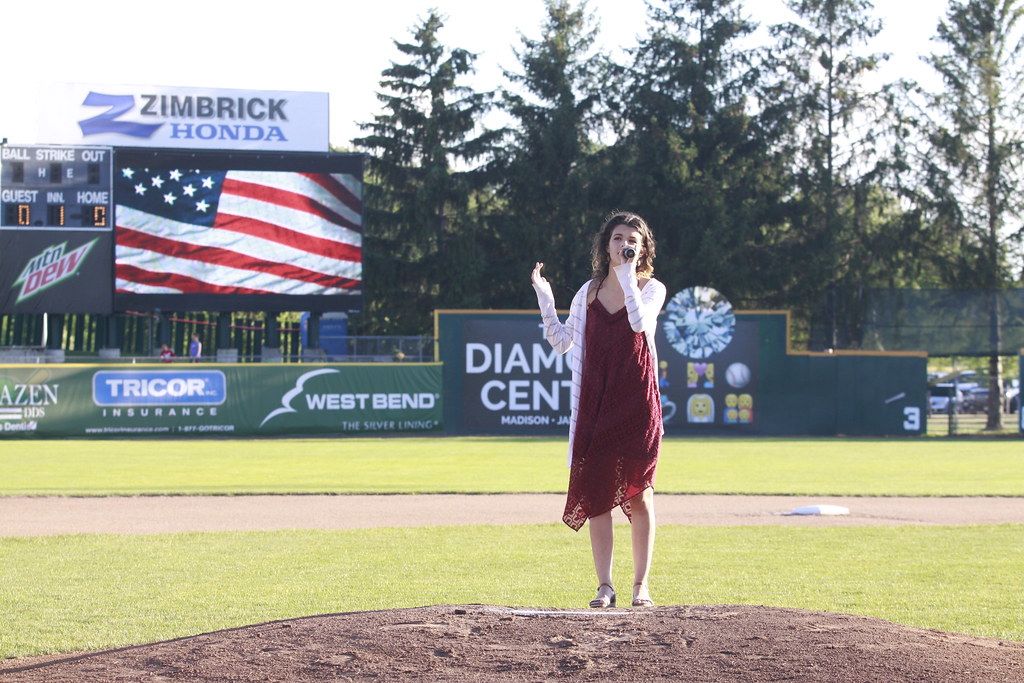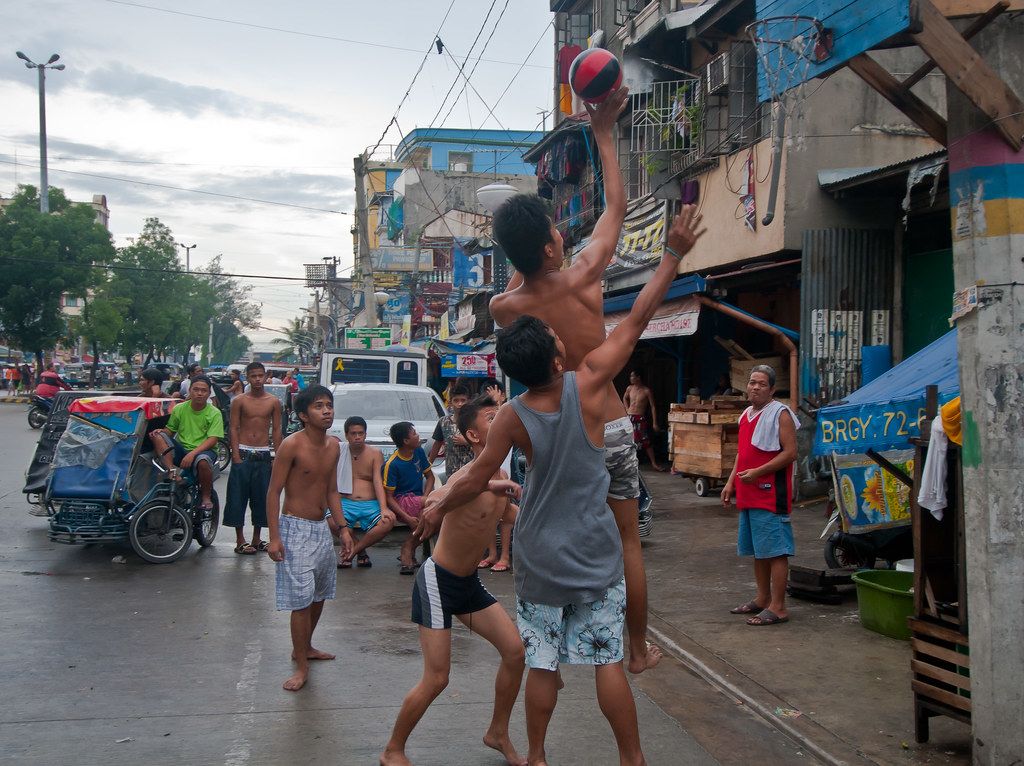Against The New Wave
Right Wing Fangroups

In the final part of our Power Play series looking at the societal an cultural impact of sport, Jason Button moves from the left of the political spectrum to the right as we explore those who look to remain true to tradition.
Since the political right have become more vocal within society, so have their followers and this has led to a rise of sporting fans showing similar leanings.
“I think that there has most certainly been a rise in these groups since it has become more sociably acceptable for them to voice their opinions” says Connor Bromley, who covered a DFLA march in Sunderland for the Guardian in September 2018.
The DFLA are a group who look to preserve the rights of UK citizens and oppose all forms of extremism. They regularly plan marches in order to stand in solidarity with victims of crime and have come under fire for being considered to push a racist agenda.
“The reality is that the western world is currently going through a shift towards right wing politics” says Bromley. “The DFLA is an extreme of this.”
Les Crang has involved himself in Democratic Football Lads Alliance (DLFA) marches in the past and has written extensively on them, including a PhD thesis. Despite not agreeing with their politics, he has become aware of what the group wants to represent. “Whenever there is a big attack they always go on these big marches” he says.
“It raises their profile in the media.”
“They’ve been legitimised by the media who just want to create a story” explains Crang. This is assisted by the presence of right wing political parties at their marches, which both Crang and Bromley point out.
“UKIP were there” says Crang, talking about previous marches he has been on in Birmingham and London. “Also Britain First and they politicised it. Tommy Robinson Came on the marches but he’s not coming any more.
“The DFLA still have an association with UKIP and what I have found interesting is that UKIP have given them offers for reduced rates. They’ve really gone in for the political aspect now.
“They are football fans, but they're deeply political” he adds.
However, it is not only in the UK where politicised fans are looking to the right. Across Europe the political right is gaining traction and this is allowing fans to clearly express their views.
Andrew Hodges is an author who has followed organised fan culture within Croatia where there is a “dangerous situation” when right wing political parties court fans who have expressed overtly fascist viewpoints. One of these came in 2015 when a minor part of Hadjuk Split’s ultras group marked a swastika onto the pitch ahead of a game against Italy. The match was already being played behind closed doors due to racist chanting from Croatia fans in a previous match involving the nation.
“The swastika showed the presence of fascism among some members but was primarily deliberately used as a controversial sign so that a financial penalty would be incurred by the Croatian football association, against whom the fans are locked in struggle” explains Hodges.
This issue was widely reported by Western European media, but it is not representative of the issues that are being brought up to the East of the continent he says: “There are higher levels of discrimination and the appearance of fascist symbols among groups, but such appearances are often misinterpreted by the UK press.”
There have also been studies to show that those who passionately follow sport lean further to the right. One of these was conducted by Americans Emily Thorson and Michael Serazio.
Focusing on their home nation, the two suggest that those who regularly follow sport and support teams. In the US there is a clear link between the likes of the military and national pride with the national anthem sung before every fixture. Air Force planes also regularly fly over stadiums ahead of big events such as the superbowl.
In our third article on diversity we looked at the situation surrounding Colin Kaepernick and the backlash aimed at him, and this is something Serazio talks about: “Fans, in general, prefer that athletes don't take political stands. And conservative fans are even more likely to oppose the 'politicization' of sport than liberals, so Kaepernick's influence was likely to stir up those passions around his protest.”
Thorson adds “the Kaepernick protests are part of a long history of more liberal agitators within sports, and so I think it likely confirms the pre-existing views of conservative fans that sports and politics should not mix.”
Whilst talking about the study, Serazio says that “Sport is one of the last institutions that structures communal life in a massive, shared way; it's also, I believe, supplanting the role that religion played in traditional life” and this is a major thing that we have found throughout these five articles.
We started with the line “more than a club” which is transcribed onto the seats at the largest stadium in Europe and this definitely seems to be true. Sport can transcend identity and other forms of culture in a way that very few other aspects of society can.
It allows for political debate between the left and right, whilst racial inclusivity is becoming less of an issue at the higher levels of football in places like Liverpool.
There is still plenty to do, as was explained by SAFC LGBT in our diversity story, but that mirrors society. There is proof that there is still more to be done.
Another thing to compare is the prominence of the right through their use of social media as Les Crang Explains in his interview. Whether it be the DFLA or Donald Trump, this can be seen on both sides of the Atlantic Ocean.
There is still a strong presence from the left through clubs like Clapton CFC and St Pauli which mirrors the clashes seen at counter protests against the right.
Politics and sport will always be linked, no matter what happens to the two of them as a result of historical context, but there is something far bigger.
Sport not only mirrors society as a whole, it exceeds it. It is a microcosm life which shows the best and worst of the human condition. Tribal ‘gang’ clashed clashes between fans. Political protests. An increase in racial diversity through globalisation. A lack of money at the bottom due to those in power. This isn’t just in the world around us. It is also the sporting world.
Sport allows those involved to create their own society. To construct their own realities. They can define their identity and truly establish their relationships with and against others. Sport itself doesn’t just mirror society. It is its own society where fandom is everything.
Sport is how people define their lives. Define their roles within this society they have created for themselves.
The true anthropologists’ dream.



